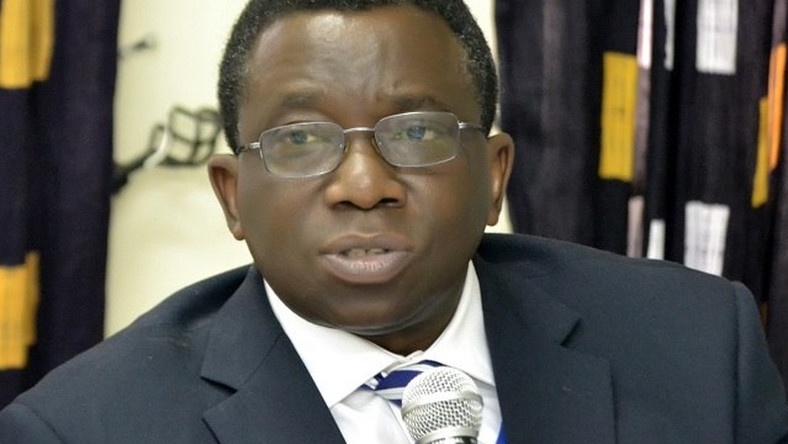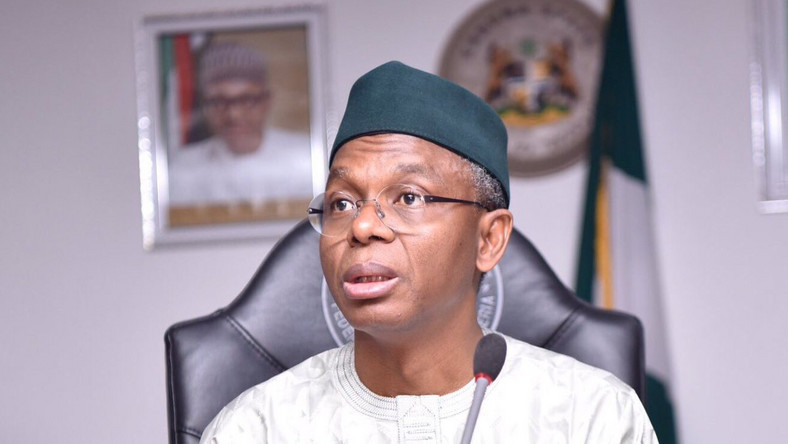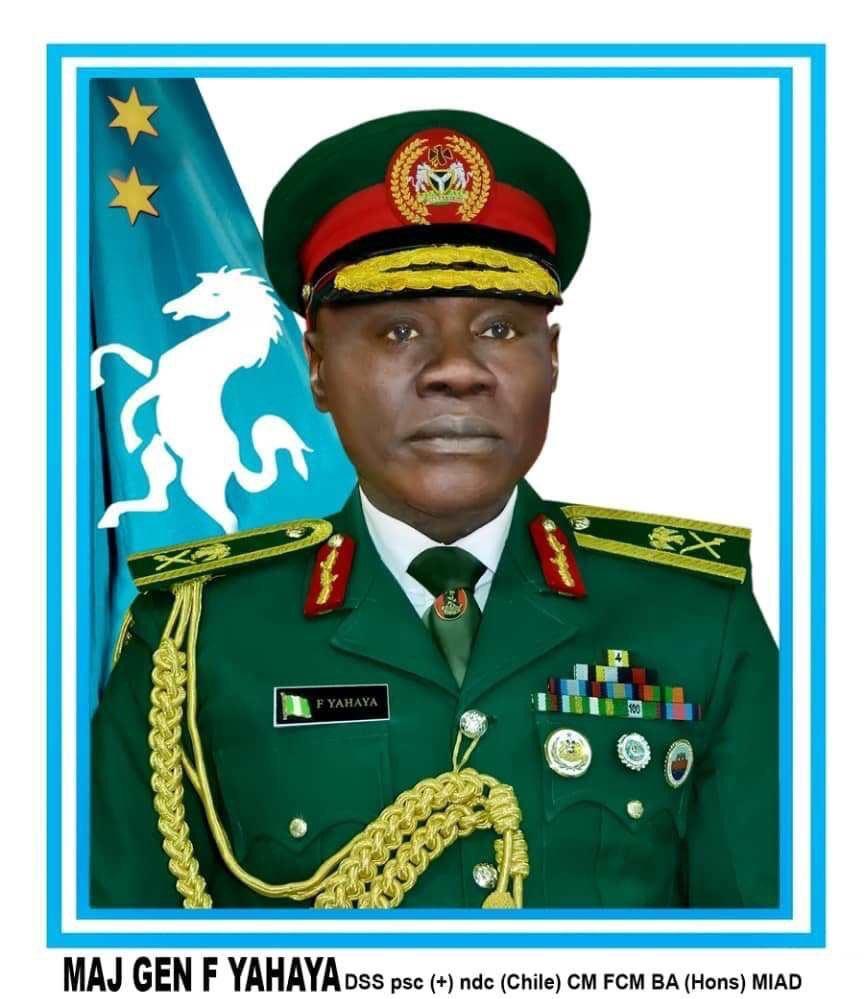Why are Nigeria’s ‘Westernized Elite’ anti-Nigerians?
The phrase, Nigeria’s Westernized elite,’ coldly crept into my linguistic repertoire and morphed into my new consciousness about the elite one mild afternoon in August 2024. The experience occurred in Gombe after I yielded to a disease that plagues my lifestyle: bibliomaniac, collection of books. Unseen forces in season and out of season ignites a spell over me to buy books. Perhaps, it was not a spell, but a bad habit. Maybe, it was not such a terrible habit. Rather, I have been under the anticipatory anxiety that good books may soon disappear from Nigeria. One of the landmarks for me on every street is a bookshop. But in the last few years, some of the bookshop have dumped the ball and moved to something else, their doors firmly bolted with padlocks that have started to rust away. The dearth of great and well-researched books in Nigeria gives me the ominous impression of an impending book disaster. From town to town, city to city, and even country to country, I collect well-researched books laced with sound and convincing historical evidence.
Sniffing through the streets of Gombe and asking supposed enlightened persons I met for guidance, I located a tired bookshop where books were withering, except for primary and secondary school texts. At an obscure corner on the dusty and decaying bookshelf was this old-looking but thick book: Nigeria: Background to Nationalism, by James Smoth Coleman. Though the shop assistant snared at me for not seeking her service, I pulled the book out, went through its table of contents. A chapter, The Westernized Elite, gripped me like thirst. Standing and ignoring other activities around me, I quickly read three pages and instantly marked it as a candidate for purchase.
In that chapter, Coleman writes extensively about how British civil servants in the colonial administration, even in the 1920s, perceived the Nigerian elite, most of them educated in the United Kingdom or in the United States. The author says the whites were appalled at the disposition of the educated elite to cheat other Nigerians and help themselves with funds from the treasury at the slightest opportunity, not minding how such acts of corruption would affect the provision of social services to the general populace.
The whites were appalled at the disposition of the educated elite to cheat other Nigerians
This labelling of the Nigerian elite in those days may sound racist. But not totally. Recently, I re-read Chinue Achebe’s No Longer At Ease, a book I had studied as a text in my undergraduate years in the 1990s. In 2015, the book found its way into our reading list for Bloomberg Fellowship on Financial Journalism for Editors. What stuck to my memory from the 1990s was Obi Okonkwo’s resolve to marry Clara, an Osu, against the scary culture and tradition of Umuofia that made the caste system a divine imperative. But reading the book after being immersed in a polluted society, I identified Achebe’s purpose of sweating it out to write the book as an effort to expose the deep-rooted and stinking corruption in the colonial civil service where the early Nigerian elite used their positions as divine right and power to extort the people or steal from the treasury.
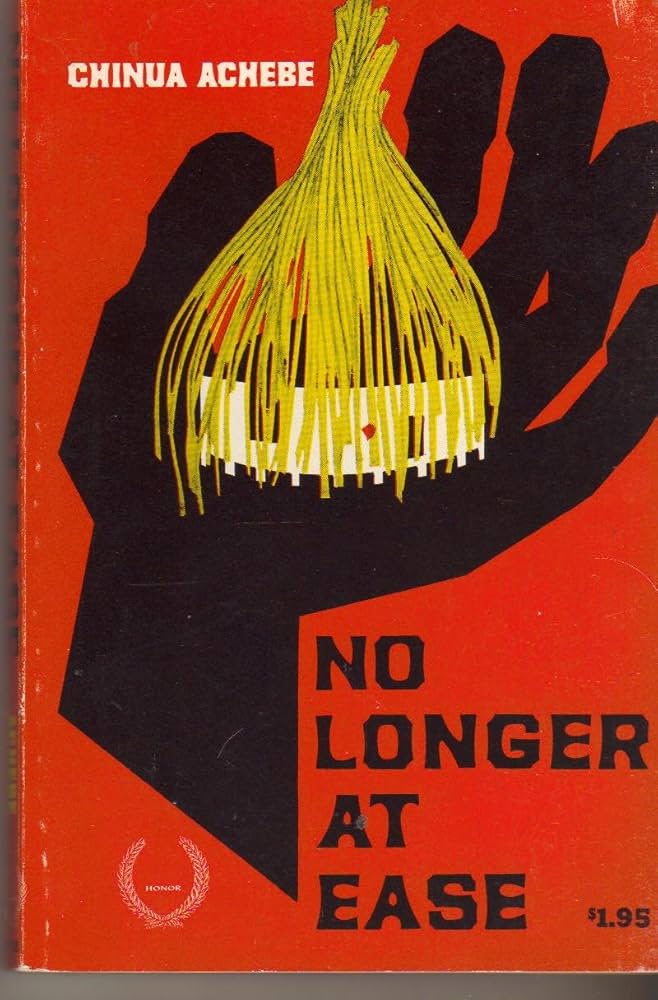
As the plots in the novel unfolds, readers would notice the dust of shame and embarrassment that covers the conversion of Obi Okonkwo from a young idealist, who returns from the university in London and occupies a senior position on the scholarship board, to a reckless, careless and bribe-taking young man. Of course, Achebe ruins Obi’s career in a space of less than one year as the author brings in Her Majesty the Queen of England’s police to grab Obi in a sting operation, after he receives a marked 20 pounds bribe from a shadowy applicant for scholarship. Reading the classic today, top civil servants in Nigeria would mock and jeer at Obi, as the act for which he is humiliated in No Longer at Ease, is, today, labelled as the juice of office for civil servants. Corruption is commonplace among senior civil servants, who are now as shameless as street prostitutes.
Both Coleman and Achebe laid bare the tragedy of the Nigerian Westernized Elite who acquired Western degrees, but failed to imbibe the vital character and values of transparency and accountability in conducting government business for the good of the masses. Since the First Republic, the same clique of Westernized Elite has piloted the country to a devastating crash, though they promise one reform after another to lift the nation out of the wreck.
Since the First Republic, the same clique of Westernized Elite has piloted the country to a devastating crash
Today, the same community of Westernized elite who have ripped off Nigeria are resisting the reduction in the price of refined petroleum products supplied by Dangote Refinery in Lagos. President Bola Ahmed Tinubu approved a well-celebrated policy that stamped the sale of Nigeria’s crude oil to Dangote Refinery, not in US dollar, but in our local currency, the Naira. As it is characteristic of its opaqueness and double-speak, the Nigerian National Petroleum Company Limited, inexplicably the sole off-taker of the finished, refined petroleum products from Dangote has insisted that Nigerians, who are battered and almost strangulated by an economy run on the basis of US dollar, must purchase the products at the dollar rate? The NNPC, without compassion on the people, jerked up the pump price of petrol from N617/litre to an average of N950 per litre. The inflated cost defies any logic, both economic and commonsense, as it was imposed at a time when the pump price of petrol had dropped in other countries.
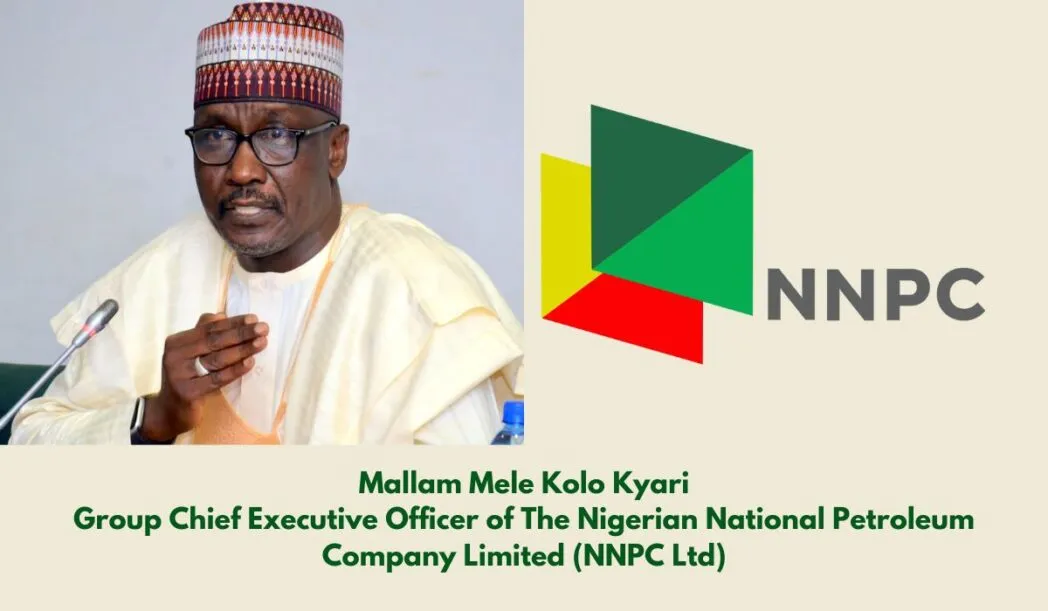
Most oil producing countries who refine products for local consumption do not charge their citizens the dollar rate per litre of petrol. In Saudi Arabia, Algeria, Libya, Egypt, and even Tunisia, the price of a litre of petrol is not up to 50 cent. Why must Nigerians pay the rate that non-oil producing countries pay for fuel? In fixing the price, the NNPCL has used what other West African countries pay as a yardstick. The fundamental question is, why does the NNPCL choose to benchmark the price to the worst situation instead of looking at the brighter side from benevolent societies who imagine and implement Welfarist and pro-people policies, instead of visualizing the worst of situations for the Nigerian people? Nigerians should not be shocked if the government uses Lebanon, whose Pound exchanges at 90,000 to $1, as a yardstick for determining the exchange rate between the USD and the Naira. The government in doing so would feign ignorance of the context of the misery in Lebanon. It is a country plagued by warfare, sectarian violence, and caught in multiple Middle East crises.
The average Nigerian, turned to a beggar from any available helper, has lost his dignity
The Tinubu government has rendered worthless the labour of the Nigerian people through the devaluation of the Naira. The informal sector is on a deadly shrink, as stock in traders’ stores shrink and contract due to ravaging inflation. The worker’s salary is reduced to sheets of paper as the purchasing power of their earnings has been wiped off by Naira’s devaluation. The average Nigerian, turned to a beggar from any available helper, has lost his dignity. Ruthless poverty has wiped off the middle class from the social strata, as an average income in Nigeria is not sufficient for one to live a comfortable life.
After the 1970s, every government introduced additional hardship in the name of economic reform
Nigerians who saved their money in banks for a better future have seen the value of the funds eroded in the tsunami that accompanied Tinubu’s irrational monetary policies. Unemployment has escalated as the few available industries operate below capacity and those who cannot cope in the adversity of fiscal and monetary measures have padlocked their gates. It is as clear as daylight that the Westernized, educated Nigerian elite has inflicted too much pains on the people in the last 40 years in the name of economic reform. The 1960s and 1970s, we are told, were the decades Nigerians experienced a robust economy, when its currency compared with the British Pound. After the 1970s, every government introduced additional hardship in the name of economic reform which brought in a floodgate of more frustration and mismanagement, a misfortune that lead downward to the valley of Golgotha.

President Bola Ahmed Tinubu
Perhaps, Nigeria is at the lowest point from where the suffering could go no deeper, except it swings into the hole of the apocalyptic bottomless pit of hell. This is an epoch of a change of course for self-styled leaders who must make a decoy from the singular pursuit of illicit wealth to defending the people from further adversity. The Nigerian Westernized elite must not crush the vulnerable population, as predicted by the colonialists. No European economic reform model is designed to pauperize the population. Tinubu’s economic reform does not make any economic sense, if the Key Performance Indicators (KPIs) of his policies are the number of Nigerians who weep for lack of food to eat every night; or those who are hastened to their graves for lack of money to pay hospital bill; or the long list of business that close shop due to liquidated capital; or the larger number of street and corporate beggars in our cities.
Related Story: https://theinsight.com.ng/we-sold-pms-in-dollars-dangote-refutes-n898-litr/
Aliko Dangote’s Noble Quest for Africa’s Self-Sufficiency and Prosperity
The Insight Report
Nigeria Coverage

